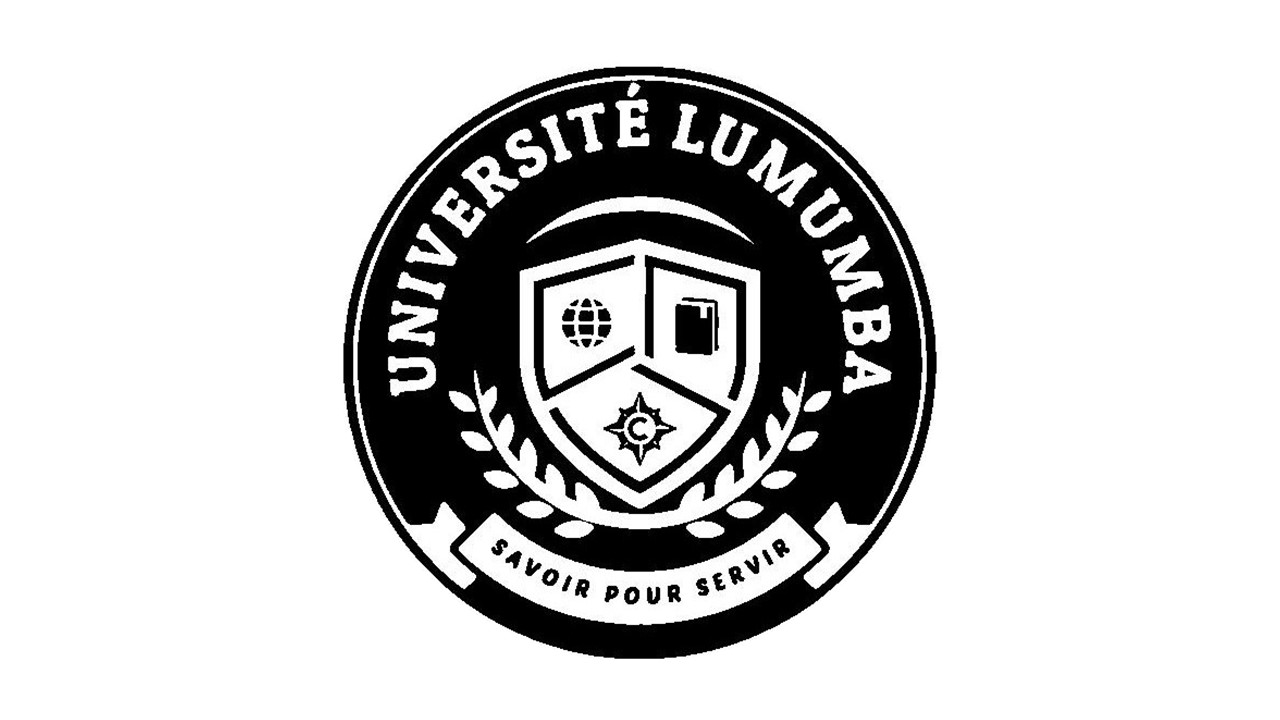Bachelor of Arts in Law - International and Human Rights Law
Overview
This program provides a comprehensive education in the principles and practices of international and human rights law, preparing students to address global legal challenges and advocate for justice. The curriculum begins with foundational courses in public international law, human rights frameworks, and global governance systems, focusing on treaties, conventions, and institutions such as the United Nations and the International Criminal Court. Students explore topics such as refugee law, humanitarian intervention, and gender equality. Advanced modules cover the legal mechanisms for protecting rights, resolving international disputes, and holding violators accountable. Practical applications include case studies, advocacy training, and drafting reports on human rights violations. The program concludes with a capstone project where students propose solutions for a current international or human rights legal issue.
Professional opportunities:
Graduates of the Bachelor of Arts in Law: International and Human Rights Law are prepared for roles that require expertise in advocating for justice and enforcing human rights globally. Career opportunities include:
- Human Rights Advocate: Work with NGOs or international organizations to protect and promote human rights.
- International Legal Consultant: Provide advice on compliance with international laws and treaties.
- Refugee and Asylum Lawyer: Assist displaced individuals in navigating legal systems and securing rights.
- Policy Advisor: Develop strategies to address global human rights and legal challenges.
- Diplomatic Advisor: Support governments and organizations in negotiating and implementing international agreements.
- Conflict Resolution Specialist: Mediate and resolve disputes in international or humanitarian contexts.
- Legal Researcher in International Law: Conduct research to advance understanding and application of human rights laws.
This program equips students with the knowledge and skills to advocate for justice, influence global legal systems, and protect the rights of vulnerable populations worldwide.
The program curriculum consists of 32 courses (124 credits) and is designed to be completed in 4 years as a full-time student. However, the University provides students with the flexibility to progress at their own pace.
The recommended course sequence from the University
1
2
3
4
| Total Courses | Total Credits |
|---|---|
32 | 128 Credits |
